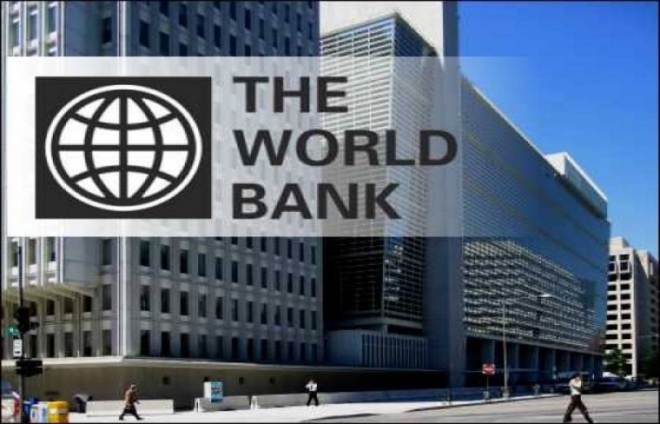The COVID-19 pandemic has been a key factor in slowing progress toward universal energy access, the World Bank has revealed.
Also, the energy crisis arising from the war in Ukraine may lead to further setbacks, the World Bank has revealed.
Globally, 733 million people still have no access to electricity, and 2.4 billion people still cook using fuels detrimental to their health and the environment. At the current rate of progress, 670 million people will remain without electricity by 2030—10 million more than projected last year.
The 2022 edition of Tracking SDG 7: The Energy Progress Report shows that the impacts of the pandemic, including lockdowns, disruptions to global supply chains, and diversion of fiscal resources to keep food and fuel prices affordable, have affected the pace of progress toward the Sustainable Development Goal (SDG 7) of ensuring access to affordable, reliable, sustainable and modern energy by 2030.
Advances have been impeded particularly in the most vulnerable countries and those already lagging in energy access.
Nearly 90 million people in Asia and Africa who had previously gained access to electricity, can no longer afford to pay for their basic energy needs.
The impacts of the COVID-19 crisis on energy have been compounded in the last few months by the Russian invasion of Ukraine, which has led to uncertainty in global oil and gas markets and has sent energy prices soaring.
The World Bank said Africa remains the least electrified in the world with 568 million people without electricity access.
Sub-Saharan Africa's share of the global population without electricity jumped to 77% in 2020 from 71% in 2018 whereas most other regions saw declines in their share of the access deficits. While 70 million people globally gained access to clean cooking fuels and technologies, this progress was not enough to keep pace with population growth, particularly in Sub-Saharan Africa.
The report finds that despite continued disruptions in economic activity and supply chains, renewable energy was the only energy source to grow through the pandemic. However, these positive global and regional trends in renewable energy have left behind many countries most in need of electricity. This was aggravated by a decrease in international financial flows for the second year in a row, falling to USD 10.9 billion in 2019.
SDG 7 targets also cover energy efficiency.
From 2010 to 2019, global annual improvements in energy intensity averaged around 1.9%. This is well below the levels needed to meet SDG 7’s targets and to make up for lost ground, the average rate of improvement would have to jump to 3.2%.
In September 2021, the United Nations High-Level Dialogue on Energy brought together governments and stakeholders to accelerate action to achieve a sustainable energy future that leaves no one behind.
In this context, the SDG 7 custodian agencies, the International Energy Agency (IEA), the International Renewable Energy Agency (IRENA), the United Nations Statistics Division (UNSD), the World Bank, and the World Health Organization (WHO), as they launch this report, are urging the international community and policymakers to safeguard gains toward SDG 7; to remain committed to continued action towards affordable, reliable, sustainable, and modern energy for all; and to maintain a strategic focus on countries needing the most support.
Latest Stories
-
Ghana needs urgent reset and inspiring leadership – Mahama
37 mins -
Asiedu Nketia cautions NDC: Don’t be complacent, election 2024 victory isn’t assured yet
55 mins -
Ongoing power crisis worst in the 4th Republic- Alhassan Suhuyini
55 mins -
Power challenges would be over in the next few days – Herbert Krapa
58 mins -
Full text: Acceptance speech by Prof Naana Opoku-Agyemang as Mahama’s running mate
1 hour -
Government’s fiscal adjustment on track – Report
1 hour -
Commercial drivers damn threats, unilaterally hike transport fares
2 hours -
Restore dignity to Vice President’s office – Fifi Kwetey to Prof Naana Opoku-Agyemang
2 hours -
Women face mounting pressures, feel unsafe at workplace – Deloitte
2 hours -
Bright Simons asks: Where is the KPMG report on SML contract audit?
2 hours -
GEXIM to celebrate Ghanaian workers with “Workers’ Mart Tuesday Market”
3 hours -
Ghanaians need honesty on the part of the government – Alhassan Suhuyini
3 hours -
We cannot compete; we need to collaborate – George Quaye on projecting theatre
3 hours -
GRIDCo to receive 100MW power supply from IPPs in coming days
4 hours -
How technology is weaving African markets into the global fabric
4 hours

